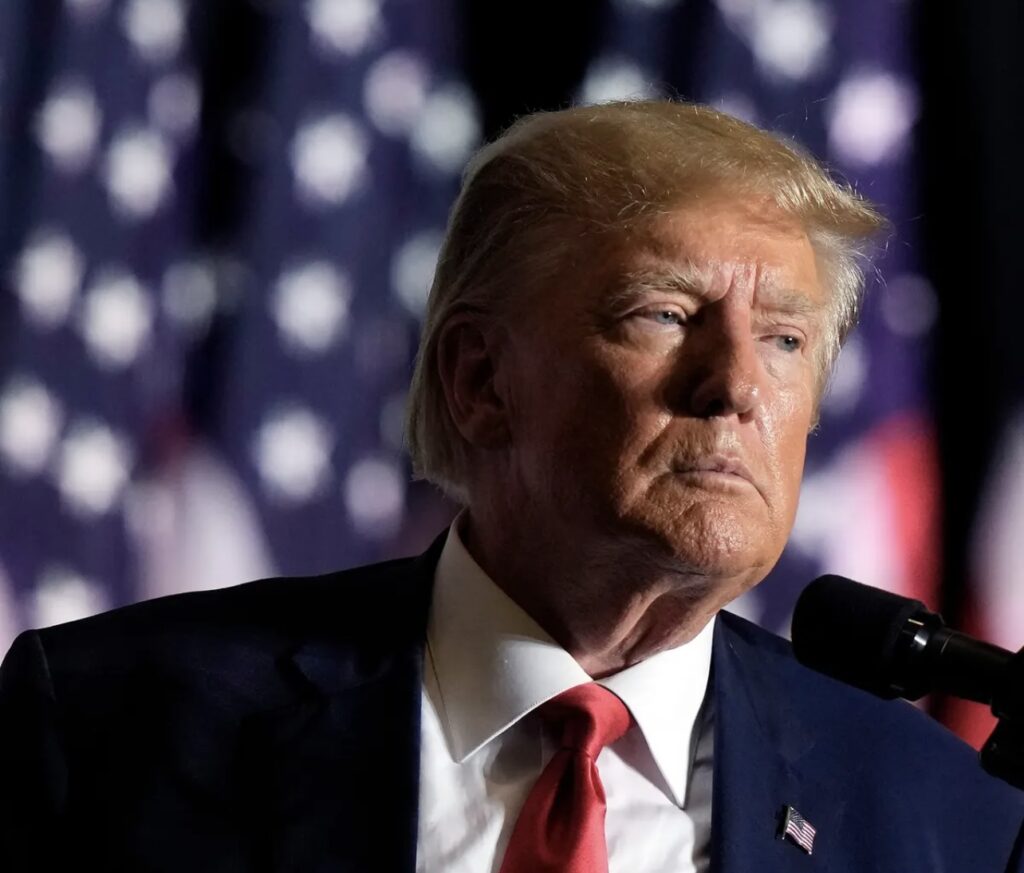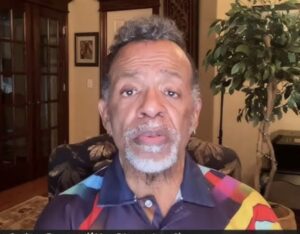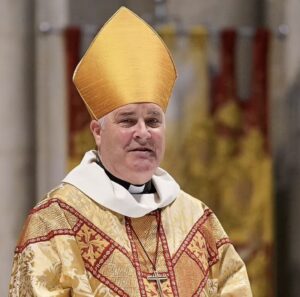How Trump charmed Christians to support him
Donald Trump’s ability to captivate and rally a significant portion of the Christian community during his campaign was a phenomenon that left many bewildered. While it is important to note that not all Christians supported him, there is no denying that a considerable number did become fervent followers, almost resembling a cult-like devotion. Understanding how this came to be requires a closer examination of the factors that contributed to this unexpected alliance.

How Trump charmed Christians to support him
Firstly, Trump’s strategic alignment with conservative Christian values played a crucial role in winning over this demographic. He positioned himself as a defender of religious freedom, promising to protect the rights of Christians and appoint conservative judges who would uphold their beliefs. This resonated with many Christians who felt their values were under attack in an increasingly secular society.
Furthermore, Trump’s unapologetic and brash style appealed to a segment of Christians who felt marginalized and ignored by the political establishment. His willingness to speak his mind, even if it meant being politically incorrect, struck a chord with those who believed their voices were being stifled. They saw in him a champion who would fight for their causes, regardless of the consequences.
Another factor that contributed to Trump’s sway over some Christians was his ability to tap into their fears and anxieties. He skillfully exploited concerns about immigration, terrorism, and the erosion of traditional values, presenting himself as the only candidate who could address these issues effectively. By stoking these fears, he created a sense of urgency and convinced many Christians that he alone held the key to their salvation.
Additionally, Trump’s successful manipulation of media and social platforms cannot be overlooked. His mastery of Twitter, in particular, allowed him to bypass traditional channels of communication and directly connect with his followers. This direct line of communication fostered a sense of intimacy and personal connection, further solidifying his hold over his Christian base.
It is important to note that the transformation of some Christians into fervent Trump supporters cannot be solely attributed to his actions alone. The complex interplay of societal, political, and religious factors created an environment where his message resonated deeply with a particular subset of Christians. While the term “cult” may be too strong to describe this phenomenon, it is undeniable that Trump’s ability to bewitch and mobilize Christian followers was a remarkable and unexpected aspect of his campaign.







